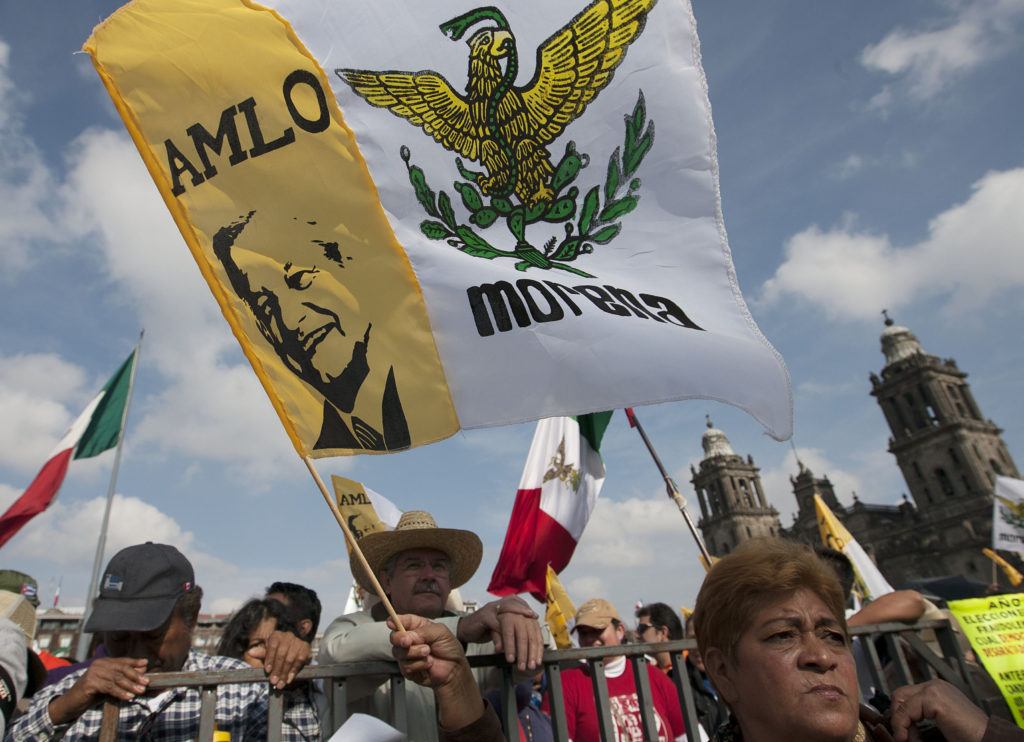Putin is welcomed at Ankara airport earlier - any the start of two day visit. Photo via PA Images.
Pity the forthcoming travails of the hypothetical Orlov family. That would be father Alexei, his wife Evgeniya, and their spoiled brat daughter Oksana. There they were, happily shopping in Bond Street or the Rue de Passy, for the life of a GRU or SVR officer in London or Paris has its off-duty compensations. Try the salt beef sandwich counter in Selfridges or the dual Novikov restaurants in Berkeley Street to witness their leather-jacketed bulk and blank eyes at close quarters.
Following the attempted murders in Salisbury, the Orlovs and 120 of their colleagues will be heading home – as, in the opposite direction, will 150 of their western counterparts expelled from Russia. With their identities known and their covers blown (for Alexei Orlov was never just the protocol officer) Evgeniya and Oksana will have to make do with postings where the host nations will not investigate their backgrounds. Pity Evgeniya and Oksana searching for that special frock or handbag in Ashgabat or Ouagadougou. The domestic grief Alexei will suffer is unlikely to be pleasant.
As a former spymaster, President Putin will feel the Orlovs’ pain, but his response will be on the global stage (although he’ll pursue s more personal vengeance towards the more cartoon-blimpish members of the British government). He will also have noted those eight EU members, as well as Israel and Turkey, which expelled no Russian ‘diplomats’.
We can safely rule out (very probably) any resort by Putin to the new generation of hypersonic missiles, torpedoes and laser guns, which he advertised in videos shortly before his re-election last month. Even though one or two of these ‘science fiction’ weapons were part of UnHerd’s end-2017 “under-reported” series, arms experts say that they probably don’t work1.
Putin’s main response is likely to be strategic – focusing in the parts of the world where Russia (and its senior partner, China) are already most involved. He might start by making concessions in eastern Ukraine, where he has achieved his objective of sowing dissension from Kiev, while making difficulties elsewhere.
(1) North Korea
The most obvious place to start is North Korea. Expect Putin to soon host Kim Jong-un, following up on the latter’s visit to President Xi. That signals that China and Russia have interests in North Korea (Russia borders it on the Tumen River) and that Trump can’t unilaterally meddle there with impunity. Both Putin and Xi may chuck Kim economic lifelines to bolster his confidence in any summit with Trump.








Join the discussion
Join like minded readers that support our journalism by becoming a paid subscriber
To join the discussion in the comments, become a paid subscriber.
Join like minded readers that support our journalism, read unlimited articles and enjoy other subscriber-only benefits.
Subscribe